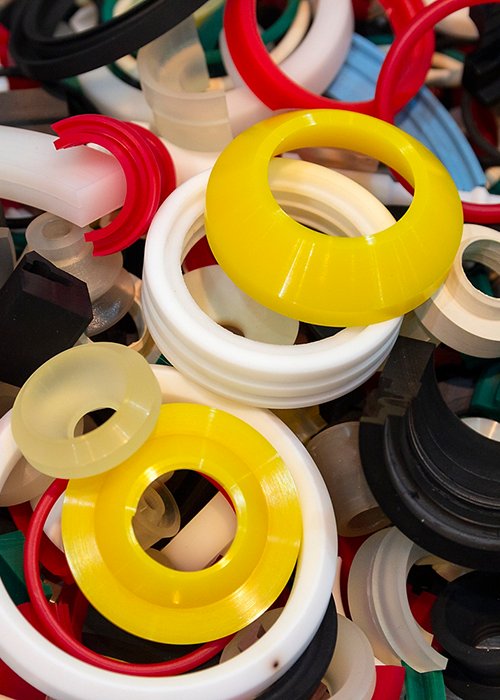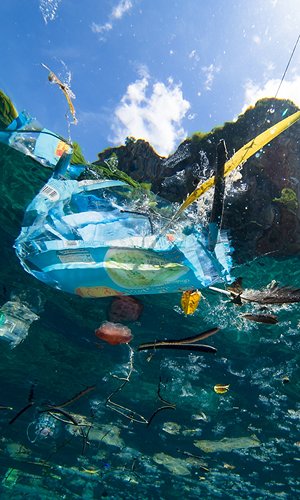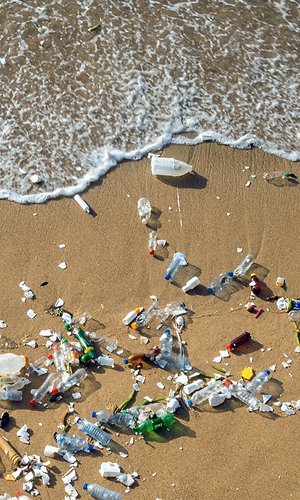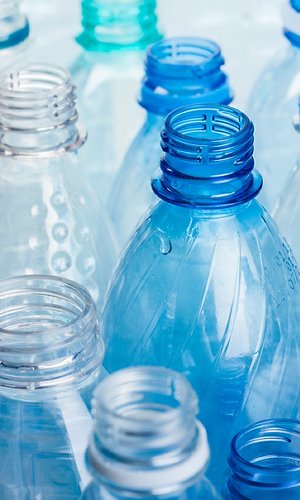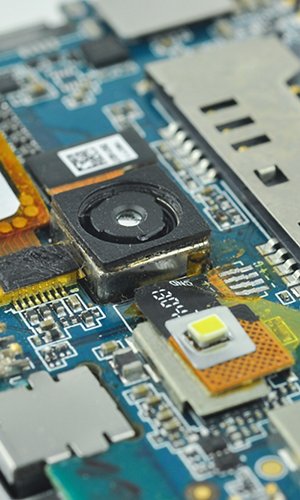Biological degradation could be a solution to the problem of disposing of some plastic waste, such as polyurethane, one of the most difficult polymers to recycle. New research, published in Frontiers in Microbiology, has identified a bacterium that could metabolise polyurethane, a plastic material used as a foam and insulation material in many sectors.
First, the researchers isolated a bacterium of the Pseudomonas sp. TDA1 strain from a site where there was abundant plastic waste. Then, in the laboratory, they observed that the bacterium was able to grow on a solution of PU-diol, a polyurethane oligomer, as its only source of carbon, nitrogen and energy. The bacterium has managed to adapt its metabolism to ‘feed’ on this type of plastic. Pseudomonas sp. TDA1 originates from a group of bacteria that is part of the extremophile family of micro-organisms known for their ability to handle toxic organic compounds, which can survive in the harshest environments.
For the researchers, this is only the first encouraging step, as before they can start using Pseudomonas sp. TDA1 on polyurethane waste, in-depth studies on the biochemical processes underlying the metabolism of this bacterium will be needed. Undoubtedly, this research represents one of the strategies for the exploitation of plastic waste that may contribute to the sustainable use of synthetic polymers.

